AD
You’ve poured your heart and soul into creating your music. The songs are mixed, mastered, and ready to be shared with the world. But how do you get them from your hard drive to the airwaves? Getting your music played on online and FM radio stations can feel like a daunting task, but with a strategic approach, you can significantly increase your chances of being heard.
Here at OurTownRadio.com, we’re all about championing local and independent artists. We know what it takes to stand out in a crowded market. This guide will walk you through the essential steps to make a professional and lasting impression.
1. Do Your Homework: Find the Right Fit
Before you send your music out, you need to know who you’re sending it to. This is the most crucial step.
- Genre Matters: A thrash metal band’s demo won’t get far at a smooth jazz station. Identify radio stations that play music similar to yours. Listen to their programming for a few days to get a feel for their sound.
- Check Submission Policies: Every radio station is different. Look for a “Submissions,” “Contact,” or “For Artists” page on their website. They will have specific instructions on how they prefer to receive music. Do not ignore these instructions. They are often deal-breakers.
- Target Your Reach: Start small and local. Online community radio stations and college radio stations are often more accessible and receptive to new artists than big commercial stations. Don’t forget to look for stations that specifically focus on independent artists, like OurTownRadio.com!
2. Prepare Your Music & Press Kit
Your music is the main event, but a professional press kit is your ticket to the show.
- High-Quality Audio: The most common mistake is submitting low-quality audio files. Send a professionally mixed and mastered track in a lossless format like a WAV or FLAC file. If the station has a size limit, an MP3 at a high bitrate (320 kbps) is acceptable, but always check their preference first.
- Create an Electronic Press Kit (EPK): This is a digital folder containing everything a radio host or music director needs to know about you. An EPK should include:
- A concise bio: Who are you? What’s your story? Keep it to one or two paragraphs.
- High-quality photos: At least one or two professional, high-resolution photos of you or your band.
- Social media links: Links to your Bandcamp, Spotify, YouTube, and other active social media pages.
- Links to your music: Provide a clean link to stream and download your music (like a private SoundCloud link or a Google Drive folder).
- Contact information: Your name, email, and phone number.
3. Craft a Killer Pitch Email
Your email is your first impression. Make it count.
- The Subject Line is Key: Be clear and concise. Something like, “Music Submission: [Your Band Name] – [Song Title]” is perfect. It tells the recipient exactly what the email is about.
- Personalize It: Address the person by name if you can find it. Mention something specific about their station that you like. This shows you did your homework.
- Keep it Short & Sweet: Music directors are busy. Get straight to the point. Introduce yourself, briefly explain your sound, and state that you’d love for them to consider your music for airplay.
- Follow the Rules: If the station’s submission policy says “no attachments,” do not attach your music. Instead, provide a link to your EPK or a streaming link.
4. The Follow-Up (and What Not to Do)
Patience is a virtue in the music industry.
- Be Patient: Don’t expect an immediate reply. Radio stations receive hundreds, sometimes thousands, of submissions. Give them a few weeks to listen.
- One Polite Follow-Up: If you haven’t heard back after a few weeks, a single, polite follow-up email is acceptable. Simply ask if they had a chance to listen to your submission and restate your interest. Do not spam their inbox.
- Respect the “No”: You might not hear back, or you might get a “no.” That’s okay. It’s not a reflection of your talent. Thank them for their time and move on. Focus on finding other stations that are a better fit.
- MUSIC META TAGS – MAKE SURE THEY ARE CORRECT – SOME STATION WONT TAKE THE TIME TO FIX THIS AND MAKE SURE IT HAS ABLUM ART.
Final Thoughts
Getting your music played on the radio is a marathon, not a sprint. It takes persistence, professionalism, and a little bit of luck. By following these steps, you’ll be putting your best foot forward and increasing the likelihood that your incredible music gets the attention it deserves.
Good luck, and we can’t wait to hear what you’ve been working on!
AD


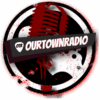


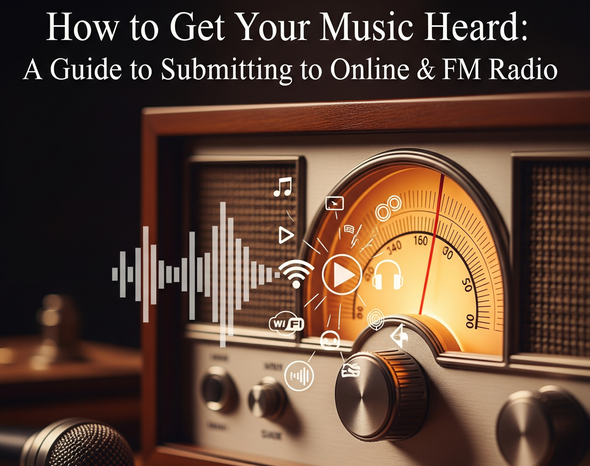



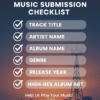






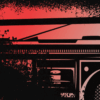
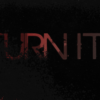
Post comments (0)